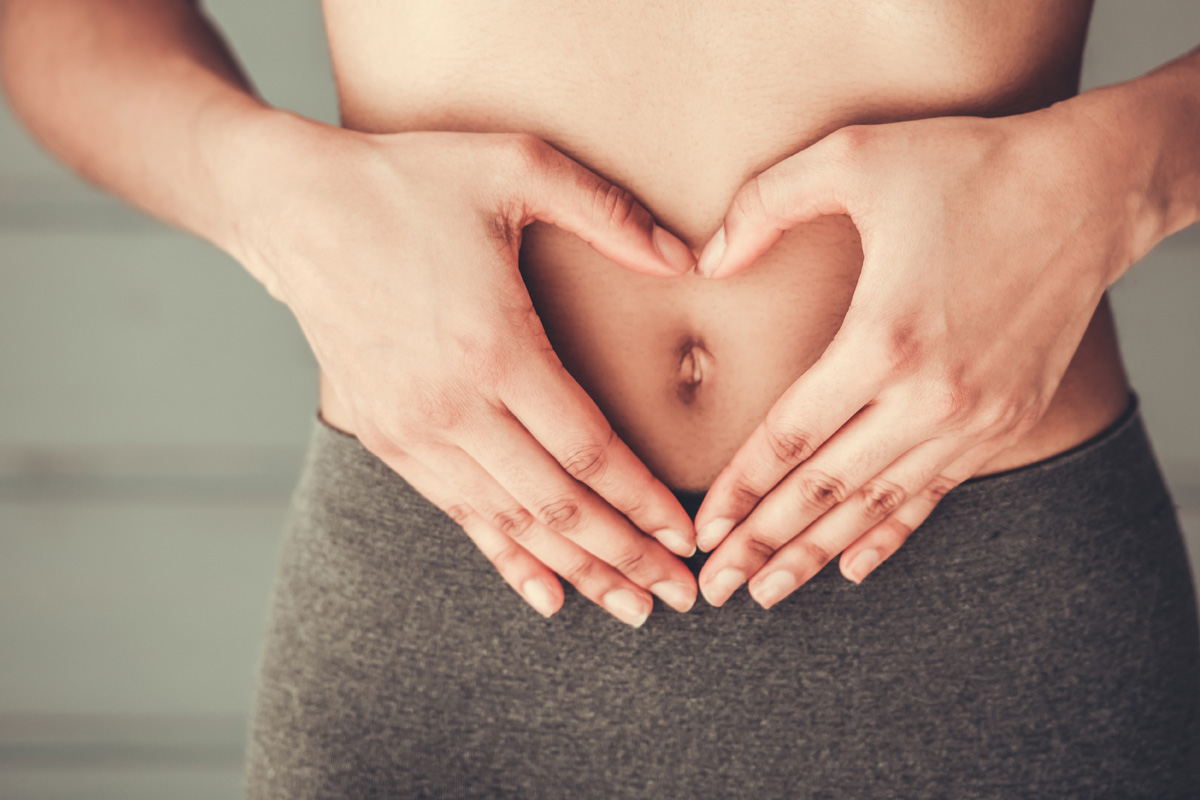Evidence of Probiotics at Work

Bacteria is commonly thought of as negative. There are plenty of harmful bacteria that can lead to a number of risks when it comes to the bacteria inside of your body. But with harmful bacteria comes beneficial bacteria called Probiotics. Research suggests that choosing a quality probiotic will help with digestions and help you maintain a healthy gut. In today’s health-conscious climate, people are looking towards probiotics as something that can help them immensely with their bodily health. In fact, there are different types of probiotics that can help in certain ways for a variety of people’s needs.
Probiotics are friendly bacteria that make up the microbiome in your gut or digestive tract and are the key to good health, especially to good digestion and regularity. Bacteria, though naturally present in the body, accounts for two pounds of bio-mass in your intestines, which need a balance of beneficial bacteria to promote good health.
Levels of probiotics decrease with age and can also be affected by other factors, including a poor diet and obesity. As the levels of probiotics decrease, problematic bacteria in the gut thrive, which can lead to digestive problems like bloating and gas.
So how do you know that probiotics can work for you? You turn to the research.
Numerous clinical trials and meta-analysis have been published on the benefits of probiotics on many aspects of health, from brain health to urinary tract infections. Here are the most recent published analysis for the most popular uses of probiotics –
The Gut-Brain Axis
There is strong emerging evidence that your gut bacteria can influence central nervous system function and have a positive effect on your mood, including depression and anxiety. One study performed by Griffith Universities School of Medical Science and Menzies Health Institute in Australia found that, in people with preclinical symptoms of depression, anxiety, and perceived stress, probiotic supplementation resulted in a statistically significant improvement in symptoms compared to individuals taking a placebo.
Allergic Conditions
Allergic conditions, including eczema and asthma, have been shown to produce antibodies in response to ordinary exposures to pollen and other allergens. And these incidences have increased significantly over the past 50 years.
5 Reasons to Take Probiotics and Why They’re So Good For You >>
In a news release published to the National Institutes of Health website, “The cause of atopic dermatitis [eczema] is unknown, but studies suggest that the skin microbiome – the community of bacteria and other microbes living on the skin – plays a key role.”
A meta-analysis of 17 clinical trials where a probiotic supplement was provided during pregnancy and early infancy showed that supplementation lowered the incidence of eczema.
Harvard Medical School’s website, Harvard Health Publishing, reports, “Under normal or “balanced” conditions, friendly bacteria in the gut outnumber the unfriendly ones. Probiotics can act as gut-beneficial bacteria that create a physical barrier against unfriendly bacteria.”
Respiratory Health
Respiratory infections are one of the main health problems seen in children. Because probiotics have been shown to regulate and support immune function and health, some trials have been performed to determine whether or not they can support a healthy respiratory system.
A meta-analysis performed by researchers from Sichuan University in China included 13 randomized controlled trials involving 3.720 individuals, which showed that probiotics performed better than placebos in approximately half of the participants. In addition, the duration of acute symptoms resolved approximately 1.89 days sooner when a participants was taking a probiotic supplement.
Urinary Health
According to the University of Colorado’s department of Urogynecology, one area where probiotics have been studied is in women with recurrent urinary tract infections (UTIs), which occurs due to the transmission of pathogens (bacteria) from the rectum and/or vagina to the urethra or bladder.
According to a randomized, controlled trial (published to the universities website) involving treatment of UTIs with Lactobacillus probiotics, there was a 73% reduction in episodes of recurrent UTI compared with the previous year. The control group had six UTIs per patient per year vs. 1.3 UTIs per patient per year after intravaginal administration of probiotics.
Bacterial vaginosis (BV) occurs when there is an imbalance of vaginal microbial populations. Since probiotics have been shown to be effective in replaced depleted probiotic strains, studies have been performed to evaluate the efficacy of probiotics in individuals with BV. One meta-analysis found that probiotic supplementation with vaginal lactobacilli proved to be crucial in hindering bacteria growth after antibiotic therapy.